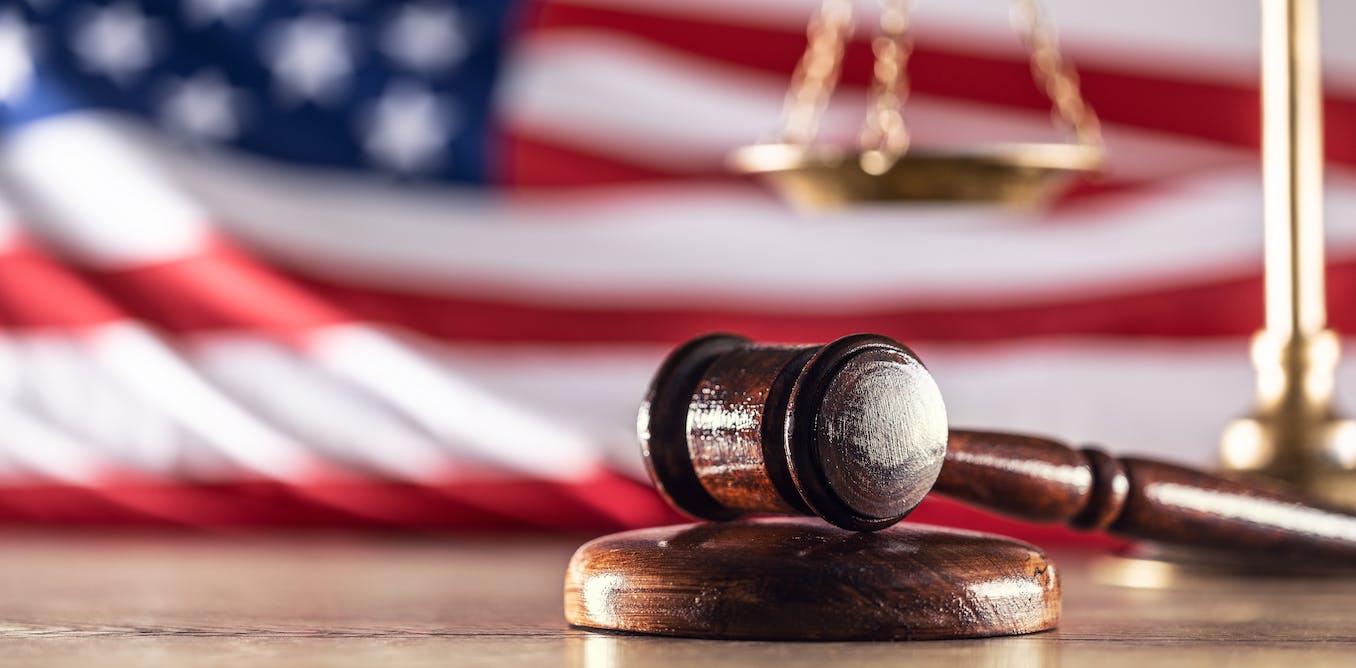Former President Donald Trump is expected to face numerous court appearances in the coming months due to the 91 criminal charges against him in federal and state courts. The judges presiding over these cases are facing intense public and legal scrutiny, and some have even received violent threats prior to the trials. John E. Jones III, a retired federal judge, offers insights into the thoughts and experiences of judges in these situations.
According to Jones, judges are human and are aware of current events. However, when they transition from being trial lawyers to judges, they become responsible for maintaining order in the courtroom and ensuring fair proceedings for all parties involved. Judges must be vigilant and attentive, especially when there is a jury present. If an attorney violates procedural rules or instructions, the judge must handle the situation appropriately, either privately or publicly in the courtroom.
Judges are also constrained by rules both in and outside the courtroom. They must adhere to court rules, evidentiary rules, and the code of conduct for federal judges. They are prohibited from discussing case merits with the media and must be cautious in their actions and statements to avoid any appearance of bias. Judges must also stay out of politics and may have to recuse themselves from certain cases to maintain impartiality.
When it comes to dealing with lawyers or defendants who do not follow the rules, judges face challenges. Criminal defendants with public defenders can be especially difficult. Judges must address any issues and maintain order in the courtroom. They may give individuals a timeout or offer guidance to lawyers who are not listening or responding appropriately.
Ultimately, judges decide cases by following the law and considering precedent. They listen to testimony, judge witness credibility, and make judgments based on the facts presented. Although some may believe that judges are there to “do justice,” Jones argues that justice is often limited by the law and the facts of a case. Judges may encounter situations where they sympathize with a plaintiff, but the law may not provide relief. Despite personal feelings, judges must adhere to the law and make decisions accordingly.









